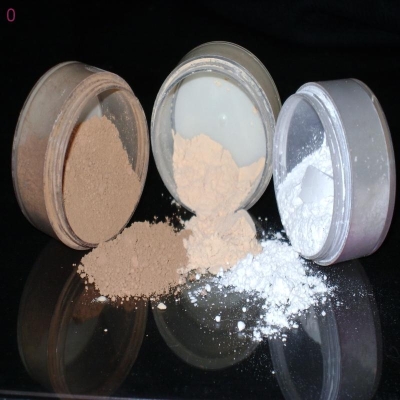DHA treats brain damage caused by stroke better than EPA
-
Last Update: 2021-02-18
-
Source: Internet
-
Author: User
Search more information of high quality chemicals, good prices and reliable suppliers, visit
www.echemi.com
DHA
can be α
-
by synthesized from flaxseed acid or obtained from breast milk, fish oil, and dietary supplements.
©iStockA recent study from Columbia University found that
-3
unsaturated fatty acids can reduce brain damage caused by stroke.currently, treatments for brain damage use triglyceride emulsions containing 22 carbon hexaenelic acid (
DHA
)
w
-3
unsaturated fatty acids. A recent study published in
Plos One
found that this treatment reduces oxidative damage to the brain in the short and long term and promotes neuron production. Twenty-carbon pentagonic acid (
EPA
) has a weaker effect.Harry Rice
, vice president of management and scientific affairs atGlobal
EPA
and
DHA -3
,
GOED
), said:
"These studies provide pristine evidence of the protective effects of
DHA
on neurons after local isemia in the brain, but there is still a lot of research to support this.
-3
unsaturated fatty acids protect neurons when attacked.
Richard Deckelbaum
, director of the Nutrition Association at Columbia University Medical Center in New York and a professor of epidemiology and co-author of theMethodologystudy, described the experiment by selecting mice
10
days old for the treatment of local isotrophic (
HI
) injuries in the brain.such injuries are the exposure of the brain to deadly low concentrations of oxygen (hypoxia) and
/
or a significant reduction in the brain's blood supply (local ischemia) to mimic stroke conditions.The experimental mice were treated for hypoxic local ishemosis brain damage
©iStock/MarquesPhotographyand then injected with an emulsion containing
DHA
or
EPA
through celiac injections.HI
injection immediately after the end of the injury and a second shot an hour later. Inject common physiological saline (
Veh
) as a control group. The three groups of mice were tagged as follows:
HI-Veh
;
HI-EPA
;
HI-DHA
.restore the brain's blood supply.
4-5
, the composition of mitochondrial fatty acids and the buffering capacity of calcium ions (
Ca
2 plus
) were detected.loss of mitochondrial function is considered to be one of the mechanisms that occur after a stroke. After the recovery of blood flow, the mitochondrials appear
Ca
2 plus
overload phenomenon, resulting in increased mitochondrial membrane permeability, energy generation stopped, inducing apoptosis of cells.researchers evaluated the nervous system function of mice at
24
hours,
8
weeks, and
9
at three points in time for brain damage.at
24
hours, the
damage
mice treated with DHA was significantly reduced. However
mice
treated with EPA did not have a similar effect. over the next few weeks, the brain function of mice treated with
DHA
was better than that of mice treated with
EPA
and in the control group. DHA
high levels of DHA in mitochondrials
the
the DHA. " In our current and prior studies on the neuropulation of
w
-3
unsaturated fatty acids, we found that
-3
fatty acids were good for mice's resistance and safety. Dr
Deckelhaum said
. now, we need to do more research on
DHA
's 'safety parameters' for animals before conducting human trials," he said. Like other new treatments, we need to go through a series of necessary steps before we can get registration approval. The of this article is
FOODAILY
Daily Food Network, if reproduced please indicate the source, violators must be investigated.
This article is an English version of an article which is originally in the Chinese language on echemi.com and is provided for information purposes only.
This website makes no representation or warranty of any kind, either expressed or implied, as to the accuracy, completeness ownership or reliability of
the article or any translations thereof. If you have any concerns or complaints relating to the article, please send an email, providing a detailed
description of the concern or complaint, to
service@echemi.com. A staff member will contact you within 5 working days. Once verified, infringing content
will be removed immediately.







